And here's a random proverb and a random LOLCat too:
Stories found in public domain Greek textbooks, plus the Daily Greek Vocabulary Challenge, learning Greek words through proverbs and sayings.
Saturday, September 27, 2025
Greek Reading: 103
Friday, September 26, 2025
Greek Reading 102
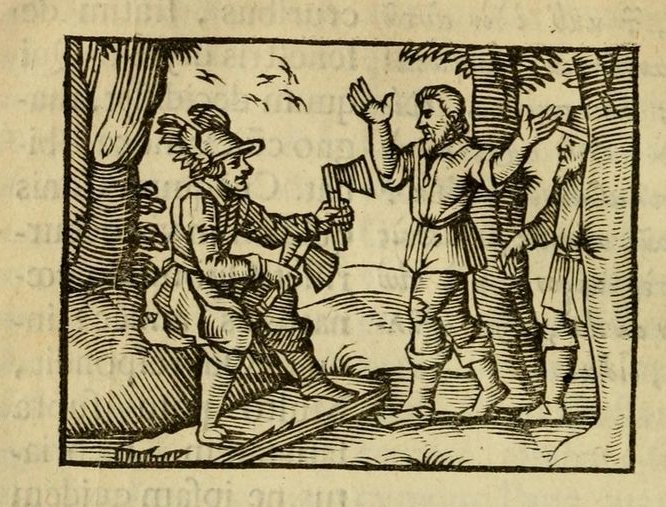
And here's a random proverb and a random LOLCat too:
Wednesday, September 24, 2025
Greek Animal Vocabulary: Sept. 25
These are the proverbs (and there are always more proverbs at the blog):
And now, some commentary:
And here's a random proverb and a random LOLCat too:
Tuesday, September 23, 2025
Greek Reading: 101

And here's a random proverb and a random LOLCat too:
Friday, September 19, 2025
Greek Crossword 55-56-57
- Ἄλλην δρῦν βαλάνιζε.
- Ἄλλος οὗτος Ἡρακλῆς.
- Ἐλεύθεραι αἶγες ἀρότρων.
- Ἐν ᾧ μέτρῳ μετρεῖτε μετρηθήσεται ὑμῖν.
- Ἐξ ἴσου δίδου πᾶσιν.
- Ἱππόλυτον μιμήσομαι.
- Κανθάρου μελάντερος.
- Κύκλος τὰ ἀνθρώπινα.
- Λάθε βιώσας.
- Μὴ γίνου δίκαιος πολὺ καὶ μὴ σοφίζου περισσά.
- Νίψον ἀνομήματα μὴ μόναν ὄψιν.
- Ὁ προστιθεὶς γνῶσιν προσθήσει ἄλγημα.
- Οὐδεὶς προφήτης δεκτός ἐστιν ἐν τῇ πατρίδι αὐτοῦ.
- Τὸ μὲν πνεῦμα πρόθυμον, ἡ δὲ σὰρξ ἀσθενής.
- Ὕπνος πέφυκε σωμάτων σωτηρία.
And here's a random proverb and a random LOLCat too:
Wednesday, September 17, 2025
Greek Reading: 100
(this version has different gods and creations)
And here's a random proverb and a random LOLCat too:
Monday, September 15, 2025
Greek Animal Vocabulary: Sept. 16
And now, some commentary:
And here's a random proverb and a random LOLCat too:
Friday, September 12, 2025
Greek Reading: 99

And here's a random proverb and a random LOLCat too:
Wednesday, September 10, 2025
Greek Animal Vocabulary: Sept. 11
And now, some commentary:
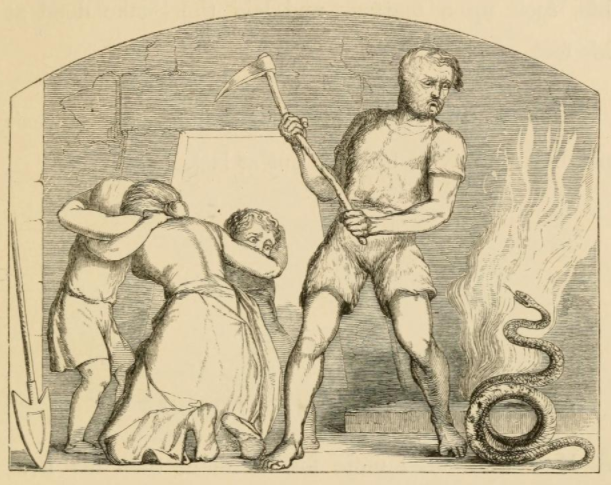
And here's a random proverb and a random LOLCat too:
Monday, September 8, 2025
Greek Reading: 98
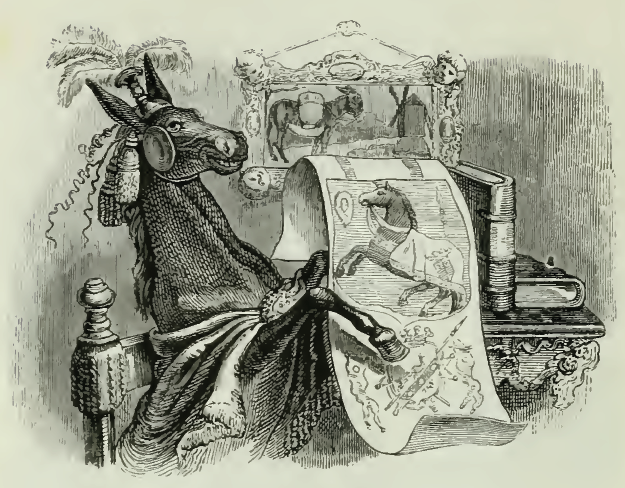
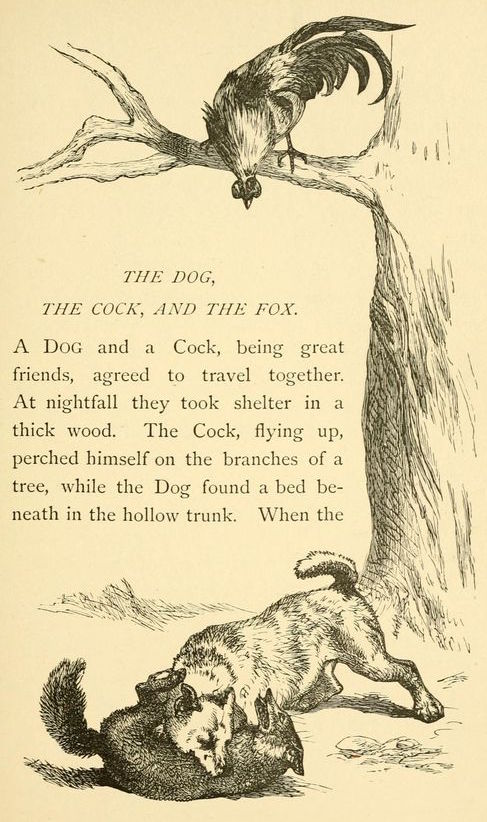
And here's a random proverb and a random LOLCat too:
Friday, September 5, 2025
Greek Crossword 52-53-54
- Ἀγαμέμνονος θυσία.
- Ἅμ᾽ ἔπος, ἅμ᾽ ἔργον.
- Ἀπολύετε, καὶ ἀπολυθήσεσθε.
- Γενεὰ πορεύεται καὶ γενεὰ ἔρχεται.
- Ἔνεστι κἀν μύρμηκι χολή.
- Κορώνη γράμμα κομίζει.
- Μὴ φοβοῦ, μόνον πίστευε.
- Ὁ ὀρύσσων βόθρον ἐν αὐτῷ ἐμπεσεῖται.
- Οἷ γ᾽ αὐτῷ κακὰ τεύχει ἀνὴρ ἄλλῳ κακὰ τεύχων.
- Οἶνον νέον εἰς ἀσκοὺς καινούς.
- Παντὶ αἰτοῦντί σε δίδου.
- Προφάσεως δεῖται μόνον ἡ πονηρία.
- Τὰς δεσποίνας αἱ κύνες μιμούμεναι.
- Τὴν αὑτοῦ σκιὰν δέδοικεν.
- Ὕπαγε ὀπίσω μου, Σατανᾶ.
And here's a random proverb and a random LOLCat too :
Wednesday, September 3, 2025
Greek Reading: 97
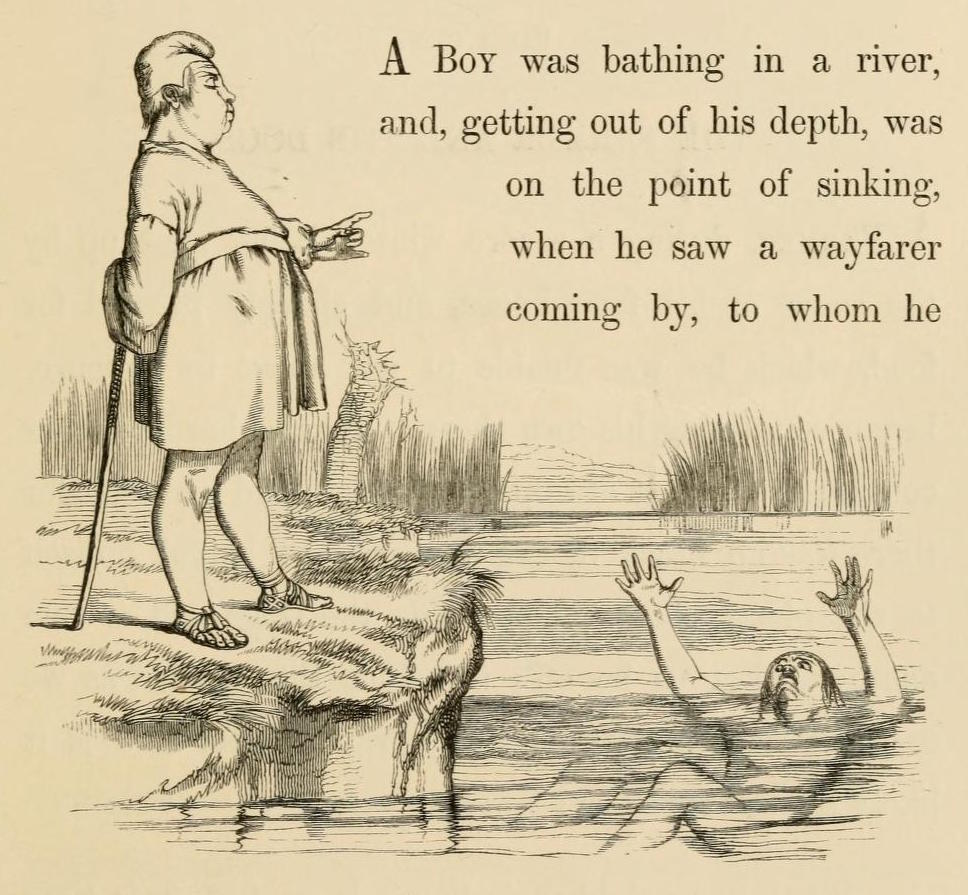
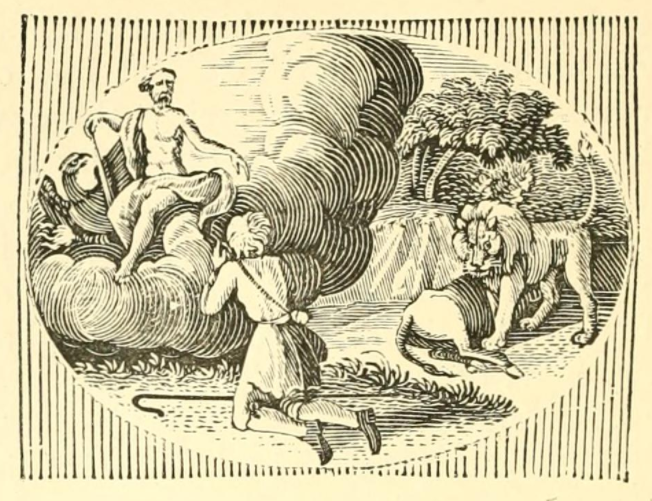
And here's a random proverb and a random LOLCat too:
Monday, September 1, 2025
Greek Animal Vocabulary: Sept. 2
These are the proverbs (and there are always more proverbs at the blog):
And now, some commentary:
And here's a random proverb and a random LOLCat too:










